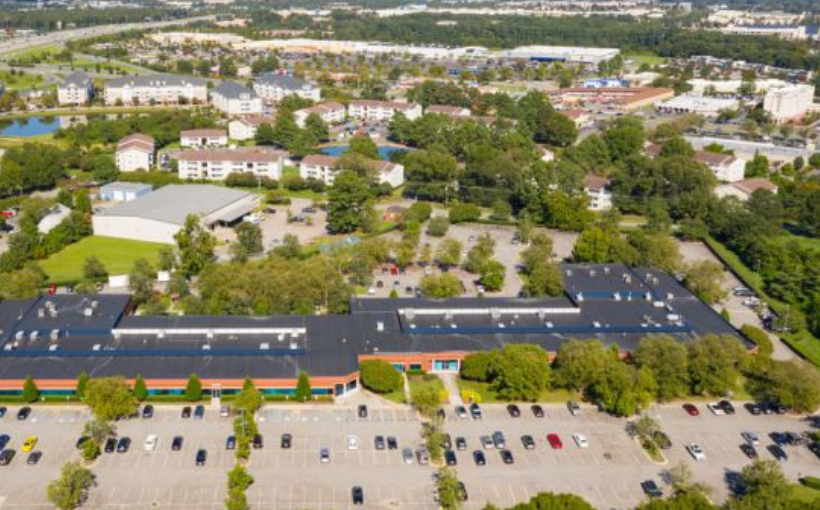Artificial intelligence (AI) and its impact on commercial real estate have been gaining attention in recent years. Machine learning has enabled companies to collect and analyze vast amounts of data, helping them identify trends and patterns that can inform sales/lease prices, construction site selection, and more. Generative AI – such as ChatGPT, Bard, DALL-E or DeepMind – could further revolutionize the CRE sector by providing new insights into labor dynamics; occupier needs; proptech investments; energy management & sustainability initiatives; property management strategies – just to name a few areas.
A recent survey conducted by JLL found that respondents expected AI & generative AI to be among the top three technologies with greatest impact on real estate over the next three years – yet they also had least understanding of these technologies relative to others like blockchain or virtual reality. The same study highlighted Goldman Sachs research which suggested 85% of US employment growth over past 8 decades was due largely in part from technology-driven job positions created as a result of technological advances. In terms of CRE specifically this means increased productivity but also potential displacement for certain roles within industry sectors such as geolocation services , asset demand analysis , revenue/investment forecasting etc . On occupier side it is likely tech firms will need additional space for development however medical / healthcare applications are currently leading investment focus area followed closely by data mgmt / cloud computing / fintech . This requires infrastructure upgrades including colocation centers , hyperscale facilities + edge data centers all requiring substantial computer hardware + high speed connectivity networks plus power supply & storage capacity . Proptech solutions now exist across almost every aspect related to real estate functions from investment mgmt through design/construction ; facilities operations ; portfolio mgmt etc so there is strong foundation already established for integration w/AI activities ranging from document sorting through leasing matchmaking recommendations . Early adopters are finding generative AI useful in energy mngt + sustainability initiatives plus property mngt strategies too so we may soon see widespread use across many aspects related to CRE moving forward !



